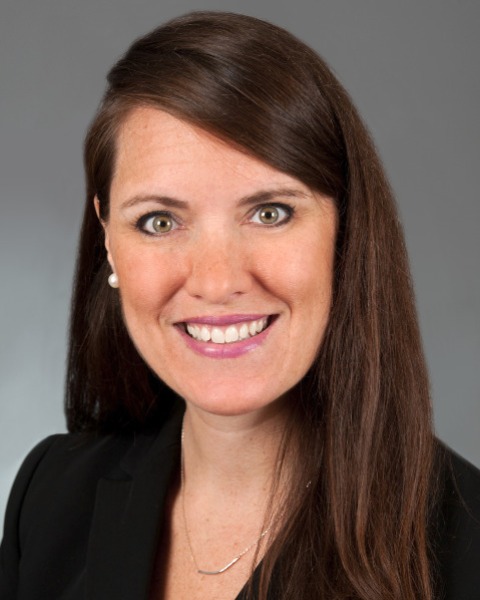Neonatal General 11
Session: Neonatal General 11
410 - A structured Women in Neonatology Mentorship Program fills mentorship gaps in work life balance and wellness and leads to career advancement opportunities
Monday, April 28, 2025
7:00am - 9:15am HST
Publication Number: 410.4012
Kristen T. Leeman, Boston Children's Hospital, Boston, MA, United States; Megan Gray, University of Washington School of Medicine, Seattle, WA, United States; Lindsay Johnston, Yale School of Medicine, New Haven, CT, United States

Kristen T. Leeman, MD (she/her/hers)
Associate Medical Director, NICU
Boston Children's Hospital
Boston, Massachusetts, United States
Presenting Author(s)
Background: A significant deficiency exists in mentorship of female neonatologists with need for additional mentorship in areas of career development, wellness and work life balance.
Objective: Through the American Academy of Pediatrics Women in Neonatology (WiN) subgroup, we optimized our previous 1-year pilot mentorship program and created WiN Mentorship Program 2.0 with the goal to expand mentorship opportunities for female neonatologists.
Design/Methods: The WiN Mentorship Program 2.0 was held from July 2023-June 2024 and included 162 participants from across the United States. Based on feedback from the pilot, we pre-scheduled sessions in a large group format and then facilitated team break out sessions. We continued the flipped classroom format with pre-learning resources and the mentorship “family” structure composed of junior, middle career and senior members. Sessions focused on wellness, career development, and work life balance. The program also included a mentorship panel and a book club discussion. Post program surveys were administered to assess mentorship needs, program logistics, effectiveness, and participant experience.
Results: The post-survey had 70 responses (RR = 42%). Respondents were from < 7 years of experience (43%) and > 7 years of experience (57%). The majority (81%) of respondents worked in an academic center and ~ 50% had participated in the prior pilot WiN mentorship program. Overall, 47% of program participants took on new mentees and 57% had career advancement during the year of the program. Importantly, 20% report the mentorship program directly led to new career advancement opportunities (e.g. speaking opportunity, research collaboration, project involvement, or new important connection). The top mentorship areas that the program helped fill included work life balance (45%) and wellness (22%). The key remaining mentorship gaps at the end of the program included mentorship in areas of career advancement (30%) and career transition (19%) (Fig 1). Participants reported positive outcomes of the program including expanding mentorship network, increasing confidence, new collaborations, sharing of strategies/advice, educational content, and connections/support offered through the program.
Conclusion(s): A national women in neonatology mentorship program in year 2 of existence created opportunities for enhanced networks across geography. The program directly led to increased career advancement and filled mentorship gaps in areas of work life balance and wellness. Together, this program is a successful framework with possibilities for high generalizability across other medical specialties.

